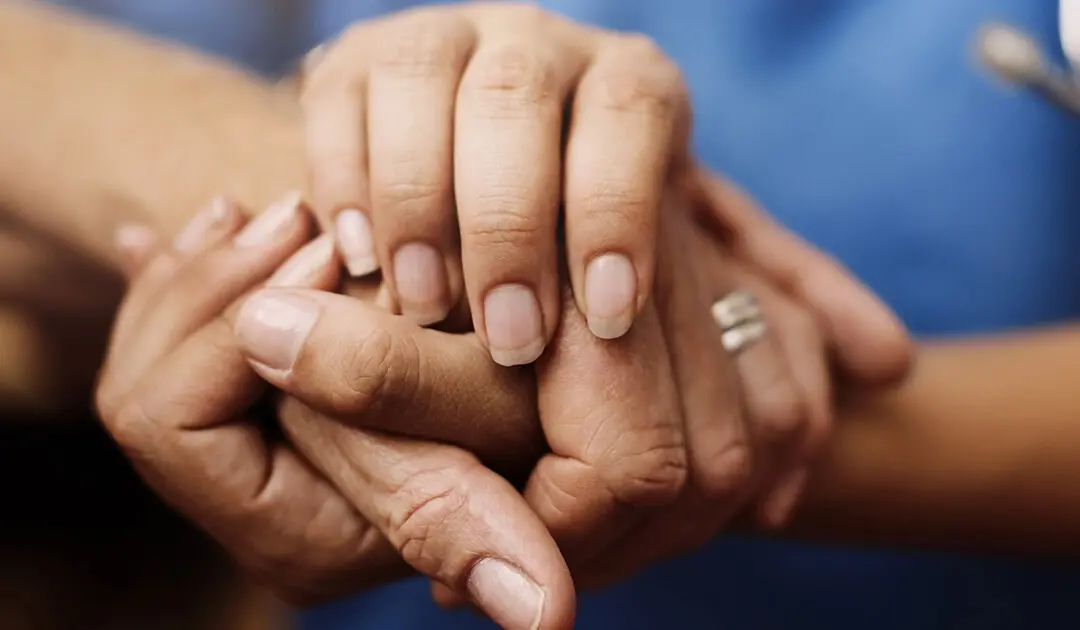Before You Help, Think About This

The following was sent to us by a person who requested to remain anonymous. At CPI, we respect this—and are grateful to have these important words to share.
“We can’t set limits because the patients have too many rights.”
“The clients just get away with things.”
“I wish I were a resident—I’d have it so easy!”
“He knows exactly what he’s doing.”
In my line of work, I hear these kinds of comments frequently. I could write a whole post about how as a trained staff member, you can still set limits—but perhaps you need to take a closer look at your policies. Or I could suggest that this is an opportunity any administration can take to help their staff members feel empowered in their decision-making—as long as they really are truly empowered.
But it’s the last two comments that concern me particularly, because to be blunt, they sound judgmental.
“I wish I were a resident—I’d have it so easy!”
What I’m hearing is that staff would rather experience some of the trauma that those in our care have lived.
I’m hearing that staff would prefer to live in a facility rather than going home at night.
I’m hearing that staff would prefer to regularly visit the emergency room to receive drugs to ease any psychological pain that exists.
I’m hearing that staff don’t seem to really value the experiences of those in their care.
Our experiences shape us as human beings. If staff don’t value a person’s experiences, then how can we say we are “person-centered”? Unfortunately, it’s been my experience that staff are often not even aware of how un-person-centered we can be.

“He knows exactly what he’s doing.”
As a trauma survivor, I wouldn’t wish the abuses I’ve experienced on anyone. To know that I am not in control of my own thoughts—that my amygdala can hijack my brain at the slightest trigger—is terrifying.
What I need is not for someone to think I have too many rights.
What I need is a supportive presence to hold my hand so I feel connected to the here and now.
The reality is that I do know “exactly what (I’m) doing.”
But that doesn’t mean I can stop.

How I learned to look at things differently
I have been fortunate to have compassionate staff members who have helped me develop coping skills so that I might be a productive person capable of holding a good job. My work has also afforded me an understanding and insight that, sadly, many clients don’t have.
It wasn’t always this way. People ask me all the time, “Did you ever think you’d be doing what you do?”
The answer I keep to myself is that I didn’t think I’d live beyond age 20, so I didn’t bother making plans or having big dreams. By most accounts, I am successful now.
That I am now also at peace with my past has only been possible because of the staff who were in my life. They didn’t resent my pain or the behaviors (aka coping skills) that resulted from it.
These were people who listened empathically, and didn’t judge me. They didn’t say I did certain things for attention; they simply cared, and looked at me as the unique, quirky person I am. For those staff members, I am grateful.

What YOU can do right now
My gentle challenge to anyone reading this: The next time you have what you label as an attention-seeking client, please take a second, compassionate look.
Please consider why it is that this person feels such a compelling need to engage in these behaviors.
Please be patient, and take the time to listen.
And please: Don’t say the people in your care have it too easy.
Schedule a Consultation
Learn how CPI’s training programs can benefit your organization.
Let's Connect